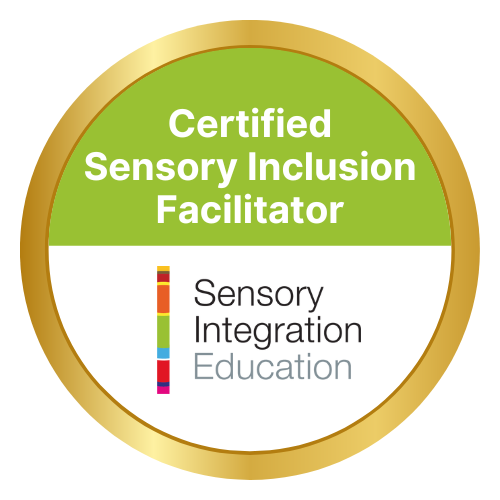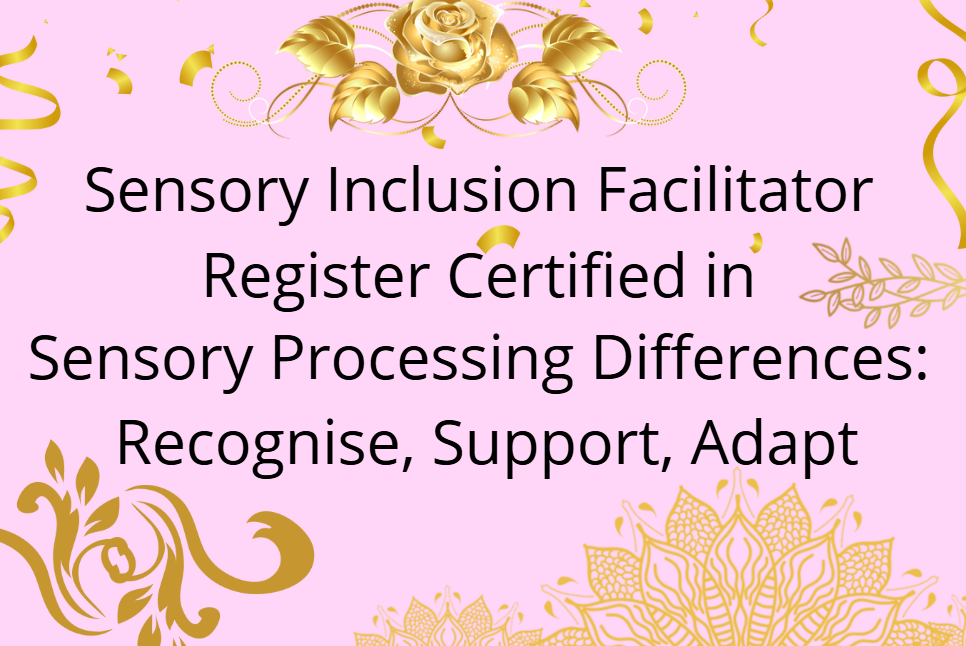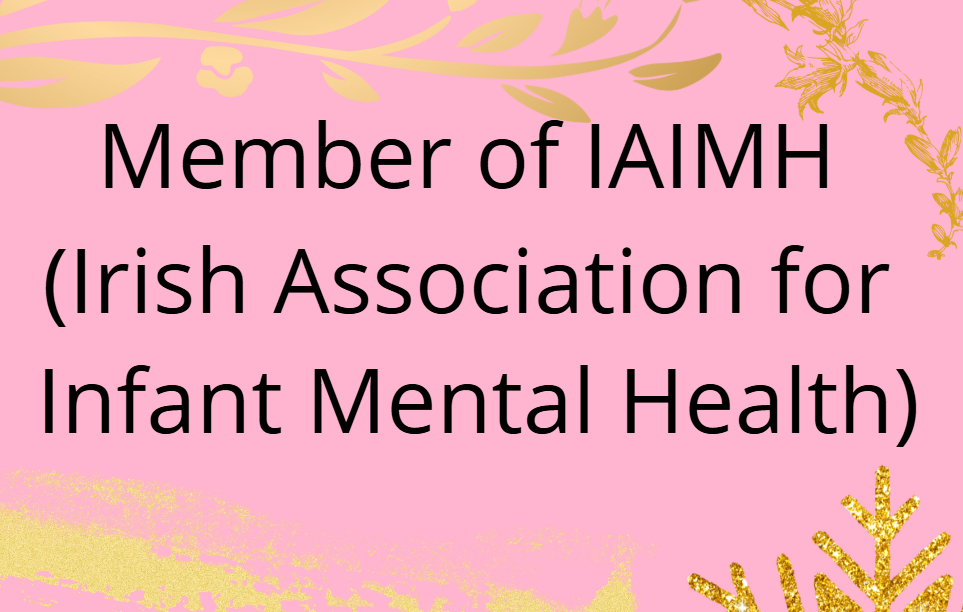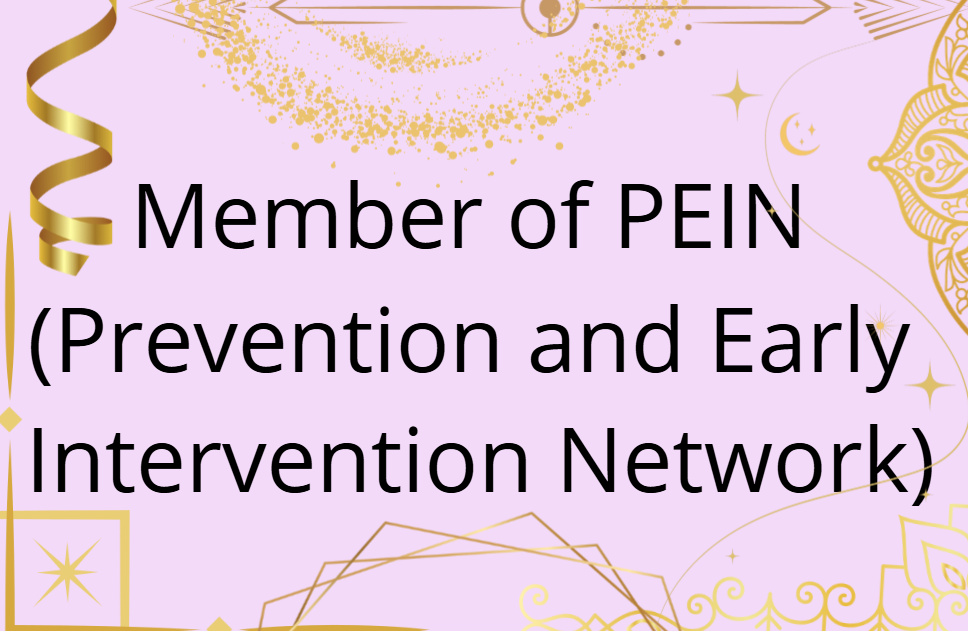Understanding and Overcoming Feeding Difficulties in Early Childhood

Author: Kristina Rautek Potocnik, BA (Hons) Ed. Rehab., HDip Early Childhood Studies, MA Early Intervention & Inclusion, Cert. Play Therapy | SI | ASD | Reflexes, ongoing MSc SLT
Understanding and Overcoming Feeding Difficulties in Early Childhood
Feeding young children between the ages of one and three can be difficult for many parents. This time is full of change. Children start to discover what they like and do not like. Their food choices often change, and they may become picky eaters. Some children eat less, refuse certain foods, or say no during mealtimes. All of this can be part of normal development.
One of the reasons for feeding problems is the change in taste and food preferences. At this age, children are very sensitive to new tastes, smells, and textures. It is common for them to refuse food that feels or tastes different. Research has shown that children who try many different foods from an early age are more likely to accept a wide range of food as they grow. A study published in Pediatrics in 2017 suggests that offering different foods during breastfeeding and after starting solid food can help reduce picky eating. Still, feeding difficulties can happen for many reasons. Some children may have motor delays or sensory sensitivities. For others, food refusal is simply a part of becoming more independent. Without support, some of these behaviours may turn into eating problems later in life.
During this period, toddlers also start to develop independence. They want to make their own choices, including what they eat. This can lead to more food refusal, but it is also a normal and healthy step. A study from the journal Appetite in 2016 found that when children are supported in making food choices, they often eat better and accept more foods. Letting a child feel that they have some control over their food can make mealtimes easier.
Parents can help their child by creating a calm and positive mealtime routine. It is important to give children the chance to try new foods without pressure. Even if a child refuses a food at first, they may accept it later. Letting children explore new foods and offering simple choices between healthy options can support healthy habits. Try to avoid forcing or punishing a child for not eating, as this may create more stress around food.
At NeuroNest, we understand how stressful feeding problems can be for families. That is why we offer helpful advice and support for parents. We also provide educational sessions where you can learn about feeding challenges and how to support your child’s eating habits. You can join even before your baby starts eating solid food, to feel more confident and prepared.
If you have concerns about your child’s feeding or want to learn more, feel free to contact us. We are here to support you and your child on the journey to healthy eating and development.
Latest Posts
- How children make sense of the world through their senses
- How your baby learns about the world through their senses
- Helping your child grow stronger through movement and play
- Understanding How Early Intervention Helps Children Learn, Move, and Connect
- How to Recognise Tactile Defensiveness and Help Your Child Feel Safe
- Understanding Feeding Challenges and How to Support Your Child at Home
- Let’s Talk Sitting: Exploring Floor Seating Options
- Retained Primitive Reflexes: The Hidden Cause Behind Developmental Struggles
- Where Curiosity Blossoms: How Children's Play Nurtures Growth for All
- Helping Your Child Through Stress: A Gentle Guide for Parents
- Sweet Little Lies – How to Recognise and Respond with Care
- Chores Are More Than Just Tasks – They’re a Tool for Growing Independence, Focus, and Confidence
- How to Help Children Develop Emotional Intelligence
- Blending Technology and Care: How VR Meta Quest Supports Children at NeuroNest
- A simple guide for parents who want to raise confident, happy children
- Setting Boundaries with Love: A Simple 3-Step Guide for Parents
- Understanding Behavior Through the Nervous System
- A Compassionate Lens on Dysregulation in Non-Speaking Autistic Individuals
- Supporting Development Through Movement: The Role of the Swing in Early Intervention
- Blending Tradition and Innovation: How NeuroNest Supports Your Child’s Unique Journey
- When Movement Meets Innovation: Supporting Child Development with GoBalance
- Why Visual Perception Matters for Everyday Life and Development
- Benefits of Chess in Early Intervention
- Building Healthy Nutrition from the Start
- A Journey Back to Your True Self
- Supporting Your Child’s Hand Skills for Confident Writing
- Blending the Best of Both Worlds
- Helping Toddlers Eat Well: A Parent’s Guide
- Why Tummy Time Matters for Your Baby's Development
- Helping Your Child Build Everyday Independence
- Who Are the Disconnected Kids?
- From First Tries to Automatic Habits: Understanding the Stages of Skill Learning
- Why a Child’s Level of Alertness Matters for Memory and Learning
- Early brain development starts before birth
- Why Slowing Down, Adapting Tasks, and Adding Breaks Helps Children Learn Better
- Why ADHD, Autism, Dyslexia and Other Challenges Need a New Approach
- The surprising power of copying in child development
- Books are more than just language tools—they’re powerful allies in sensory and motor development.
- Rethinking sensory support: moving beyond expensive rooms toward everyday understanding.
- Understanding how fear develops in a child’s brain
- Understanding how an early baby reflex can affect your child’s daily life
- A gentle start into baby development through movement and bonding
- A child-centred, research-informed approach that uses the power of play to support communication, emotional regulation, motor development, and meaningful growth from infancy to twelve years.
Our Partners




Our Memberships










